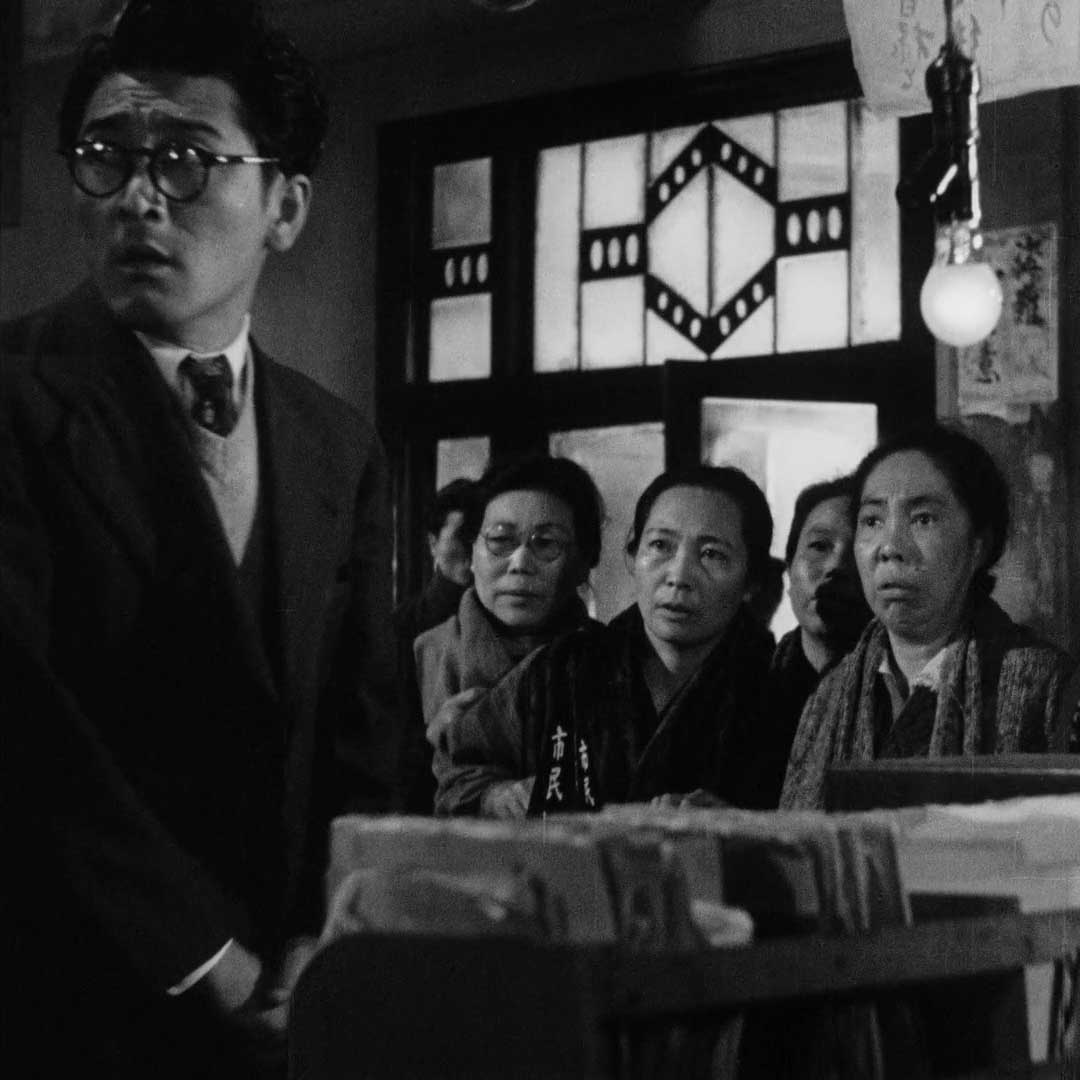Why won’t the Communist Party and organizations close to it support women’s struggle in Portugal?~ 8 min

By Aline Rossi
I was sitting at a café with a group of activists when I questioned the friend next to me on why the Women’s Democratic Movement [MDM, a women’s organization close to the Communist Party] would not support or join the women’s Feminist Strike in Portugal.
I was involved in building the strike since the beginning, but I always saw MDM, an arm of the influential Portuguese Communist Party, take to the streets as a “movement apart”, never mingling with “others”. Perhaps as a Brazilian immigrant, I lack the knowledge about the party and its relationship to grassroots activism, as I never fully understood the reason why. Most of all, I was left a bit disappointed, as I recognized MDM as one of the few institutions brave enough to position itself on certain topics that so many other groups in the feminist movement won’t dare navigate.
“We don’t recognize the International Feminist Strike as a real strike because it encapsulates many matters instead of having a specific agenda, thus lacking clear demands and it seems to us unlikely to bring any benefits for the working class”, my colleague said, a member of the Women’s Democratic Movement, one of the oldest women’s movements in the country, and a longtime member of the Portuguese Communist Party.
“Over 20 thousand people just on the streets of Lisbon. Over 30 thousand all over the country. How can it not be a legitimate working women’s movement?” I challenged. “And what do you propose? Considering that many questions can’t be handled by a union, such as the domestic labor which is thrown on the backs of women, and which can’t be negotiated with any employer? How would you organize it, what would you do?”
The reply came, plain and simple: “I would go to MDM’s demonstration”. Before such an answer, I didn’t hesitate to question:
“A demonstration which has no demands, no pre-strike notice, despite the fact that CGTP is the largest trade union central in the country, therefore not a strike like you demand us to be and that, for that very same reason, can’t win any gains for women? Meaning, you would go to a peaceful march…?”
She shrugged, agreeing that my criticism made sense, but making it clear as day that there would be no answers or agreements in that conversation.
Having actively participated in building the 2019 International Feminist Strike, I recognized the legitimacy of the criticism made by the comrade next to me and I confess that it is, presently, one of my concerns regarding the course of the Feminist Strike in Portugal.
Contrary to those who, without building or participating, externally criticize the strike for not being what they idealized a strike should be, I prefer to think of the coordination of the Feminist Strike in Portugal as a journey, a collective building process which will inevitably mature in its organization. In fact, I look at its fragmented demands and the establishment of negotiations with the State to make sure they are carried out as the next step for the 8M Network.
It has been a while since Lisbon (and the whole country) saw so many people on the streets as it did this past March 8, 2019, probably not since the Screw the Troika demonstrations in 2012. Such a mobilization was the result of an entire year’s worth of collective labor all over the national territory (and even internationally, as we counted on the support and exchange of information with the women of Spain, where the Communist Party also participates in the construction of the strike; this was when we started coordinating as such). It’s worth noticing that, despite what the conspiracy theory put forth by Sábado magazine said, the Strike was not “a work of the Left Bloc” [a social-democratic liberal party], but of diverse organizations, collectives and feminist activists.
The International Feminist Strike begins in 2017 as an answer by the women’s movement to a succession of global attacks which we were (and still are) suffering.
The preceding year, 2016, was the trigger for this coordination to happen. In Poland, women took to the streets in an unexpected strike, faced with the threat of a Parliament which intended to ban the right to abortion. In Argentina, protests for the legalization of abortion intensified, side by side with an outraged mass of women who denounced the torture, rape and feminicide of a 16 year old teenager, Lucia Perez, and against the imprisonment of Higui, a lesbian which was beaten, harassed and suffered an attempted corrective rape.
In Spain, the case which became known as “La Manada” [herd or pack], in which 5 adult men carried out the group rape of a 16 year old teenager, evidenced the trivialization of violence against women. In Brazil, president Dilma Roussef was removed from her office while numerous misogynist messages alluding to rape circulated widely in the streets. In the United States, “Grab’em by the Pussy” Trump rose to power, bringing a furious Women’s March to the streets. Furthermore, 2016 was the year when the (increasingly serious) refugee crisis exploded, forcing thousands, mostly women and children, to disembark in a little receptive Europe.
It’s as part of this social effervescence, which made the collapse of the political, social and economic organization of society increasingly clear while punishing women in particular, that the International Feminist Strike appears. An international insurgency by women overburdened with the threat and reality of worldwide sexual, economic and political violence.
The Feminist Strike which Portugal witnessed in 2019 was not a fortunate accident, nor was it made up of 30 thousand rich bourgeois women, to now become dissociated from the struggles of working class women. Endorsed by 5 unions, mostly from highly feminized sectors – namely, the Higher Education National Union (Snesup), Health, Solidarity and Social Security Workers Union (STSSS), Call-Center Worker’s Union (STCC), All Teachers’ Union (STOP) and the Industries, Energy, Services and Waters of Portugal Union (Sieap) – the strike in Portugal was and is a collective construction by women looking for alternatives to historical and present day oppressions to which, furthermore, both unions and parties have been unable to respond through their own structure.
Can CGTP or any other union confederation give a pre-strike notice so that women are able to stop domestic labor and call for better living conditions? Can the Communist Party or the Left Bloc lift the burden of a double working day, laboring like everyone else in companies and then continuing to do so at home, washing clothes, cleaning floors, raising children, making dinner? Grueling hours dedicated every day to renewing the workforce, reducing our necessary time for leisure and socialization, doing an absolutely necessary and completely invisibilized work, from which the country’s economy benefits directly and indirectly.
Besides reproductive labor, we have discovered that no union would be capable of ending sexual violence and the frightening levels of feminicide incrementally announced to women, hoping it won’t be us that appear next on television channels.
We have discovered that no union would be capable of representing the specific demands of studying women when it comes to harassment in schools and universities; or the fact that we are pushed out of universities when we become mothers because there are no daycare services or support; or because we have our history made invisible in global and national narratives because manuals insist on flaunting male achievements while erasing the history and struggle of women; or due to the simple fact that public education insists on a pedagogy that reproduces sexism and sexual division of labor in all regards, starting with the school manual, through educational practices in a school and university setting, or in basic education, university hazing or the teacher who makes jokes about women’s “natural” inability.
The International Feminist Strike is not only an answer by women to the growing need for reorganization of the Left in a post-neoliberal globalization world, in which parties and unions, due to the bureaucratic structures they are embedded in, are not fully capable of responding by themselves to the “woman question”.
It’s also an answer to the invisibilisation and marginalization currently being imposed, and those are, in truth, matters for the whole of society. A matter of sustainability, of well-being and social justice. A matter of reproducing our lives and our families in a possible, human and dignified manner; without delivering us to precarious labor outside and inside the home. A matter of being able to live with dignity and total sovereignty over our body, without being considered a second class citizen, which is what happens when a person is expected to do domestic labor just because they were born of a certain sex, while the other sex is exempt.
The International Women’s Strike is a collective construction by the masses. Especially the most marginalized sectors in society – immigrant women without housing, mothers without assistance, the precarious and racialized, the marginalized lesbians, the students without real access to education and research.
At its zenith, this strike would probably be the greatest dream of Rosa Luxemburg, as idealized in her “strike of the masses”. And to not dispute or build a mass movement of work refusal, not just the work made visible by Capital, and which demands a social reorganization centered in life instead of production, built by grassroots working women, would not only be a practical mistake, but a shortcoming as marxists.
As such, instead of ignoring and sectarizing a movement which will only tend to grow and actually internationalize its coordination as it matures, it would be immensely constructive for the Women’s Democratic Movement and the Portuguese Communist Party to reaffirm their compromise with the cause of the working class and, more specifically, the emancipation of working women, and join the 2020 International Women’s Strike.
Or are CGTP, MDM and PCP not on the side of women?
Aline Rossi writes in Portuguese at the blog Feminismo com Classe, where she also publishes translated feminist texts from all over the world at a prolific pace.




